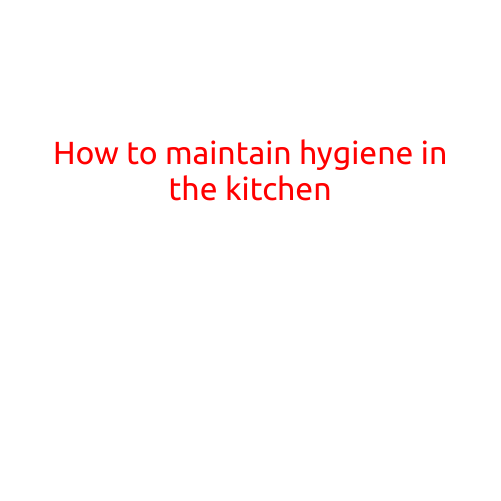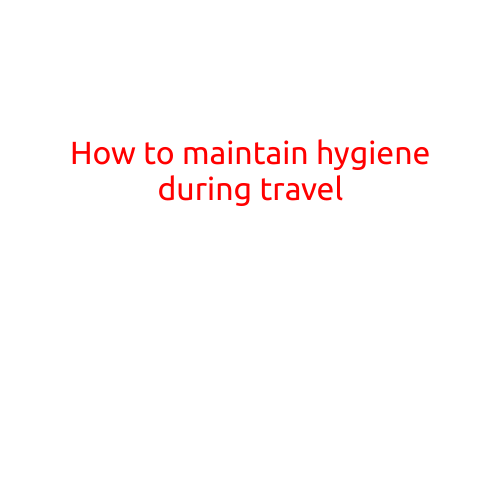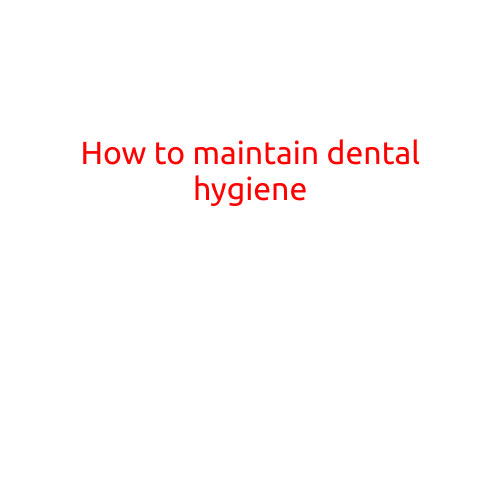
How to Maintain Hygiene in the Kitchen
Maintaining hygiene in the kitchen is crucial to prevent the spread of bacteria and other microorganisms that can cause foodborne illnesses. A clean and well-maintained kitchen is not only essential for your own health but also for your family’s and guests’ well-being. In this article, we will provide you with practical tips on how to maintain hygiene in the kitchen and keep it clean and sanitized.
Wash Your Hands
Washing your hands is the most important step in maintaining hygiene in the kitchen. Before starting to cook, wash your hands with soap and warm water for at least 20 seconds. Use a nail brush to clean under your nails and scrub your hands thoroughly, paying special attention to the areas between your fingers, the backs of your hands, and your wrists.
Cleaning as You Go
Cleaning as you go is an essential habit to develop in the kitchen. Wipe down countertops, sinks, and appliances after each use to prevent crumbs, spills, and other debris from building up. This will make cleaning easier and more manageable.
Clean and Sanitize Surfaces
Regularly clean and sanitize all surfaces in your kitchen, including:
- Countertops: Wipe down countertops with a gentle cleanser and warm water after each use.
- Sinks: Clean and sanitize sinks daily with a mixture of baking soda and water.
- Stove and oven: Clean burners, drip pans, and oven racks regularly with a gentle cleanser and warm water.
- Refrigerator and freezer: Clean and sanitize the exterior and shelves of your refrigerator and freezer regularly.
- Trash cans: Clean and sanitize trash cans daily with a mixture of equal parts water and white vinegar.
Kitchen Tools and Utensils
Clean and sanitize kitchen tools and utensils regularly:
- Cutting boards: Wipe down cutting boards with a gentle cleanser and warm water after each use.
- Knives: Clean and sanitize knives regularly with a gentle cleanser and warm water.
- Kitchen towels: Wash kitchen towels frequently in hot water with a gentle cleanser.
- Non-stick pans: Avoid using metal utensils on non-stick pans and clean them regularly with a gentle cleanser and warm water.
Food Storage and Handling
Properly store and handle food to prevent contamination:
- Store raw meat, poultry, and seafood on the bottom shelf of your refrigerator to prevent cross-contamination.
- Label and date leftovers and stored food to ensure you use them before they expire.
- Cook and serve food promptly to prevent bacterial growth.
- Avoid cross-contamination by separating raw meat, poultry, and seafood from ready-to-eat foods.
Pest Control
Keep your kitchen pest-free by:
- Sealing food and trash containers tightly to prevent pests from accessing them.
- Cleaning up crumbs and spills immediately to prevent attracting pests.
- Using a dehumidifier to keep your kitchen dry and unpleasant for pests.
Regular Deep Cleaning
Regular deep cleaning of your kitchen is essential to maintain hygiene and prevent the buildup of bacteria and other microorganisms. Set aside time each week to deep clean your kitchen, paying attention to areas such as:
- Behind appliances
- Under the sink
- In the oven
- Behind the refrigerator
Conclusion
Maintaining hygiene in the kitchen requires regular cleaning and sanitizing, proper food storage and handling, and a few simple habits. By following these tips, you can keep your kitchen clean and sanitized, preventing the spread of bacteria and other microorganisms that can cause foodborne illnesses. Remember to always wash your hands before cooking, clean as you go, and regularly deep clean your kitchen to maintain a healthy and hygienic kitchen environment.





